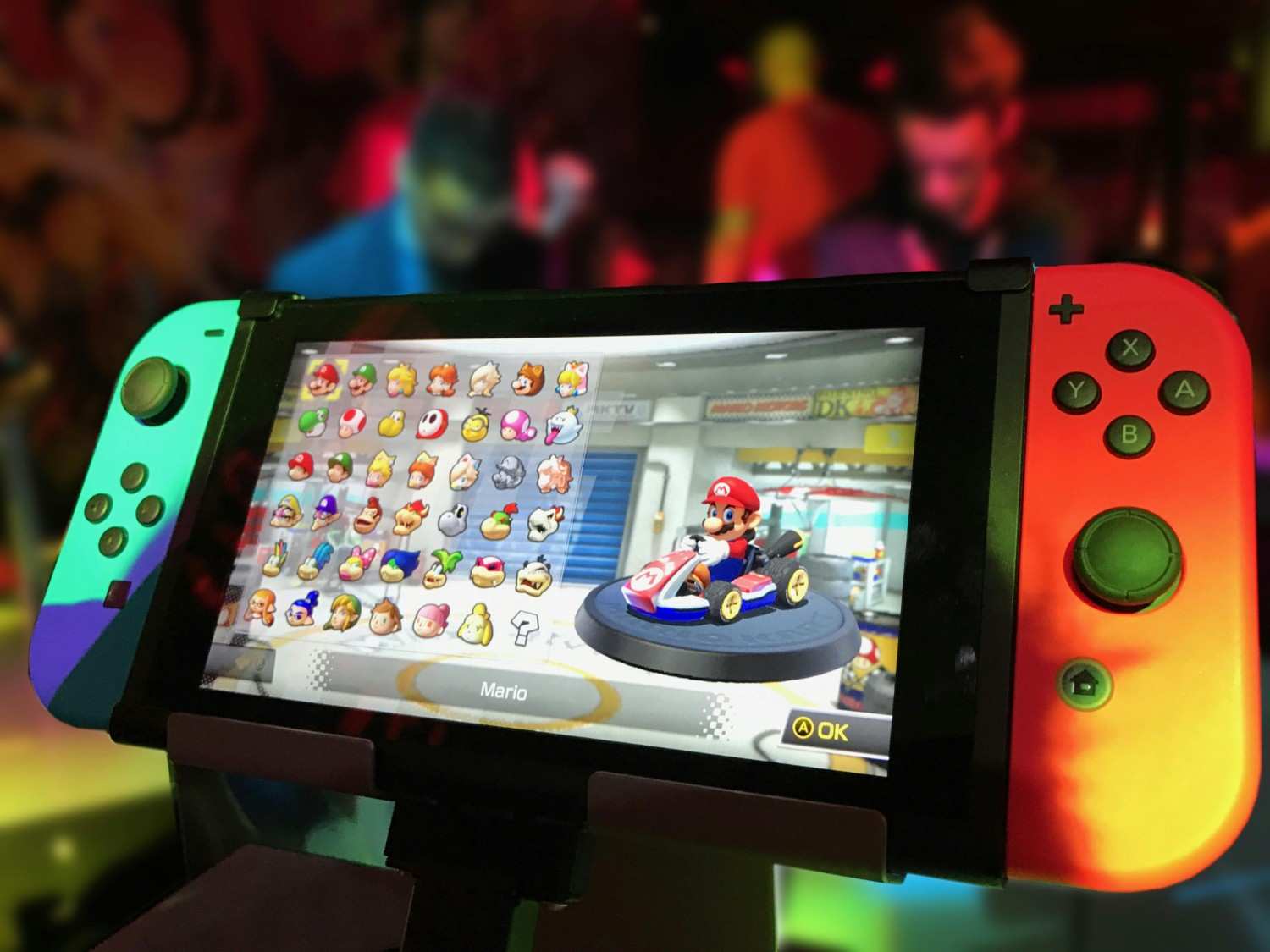If you’ve ever wondered why gaming is fun scookiegeek, you’re not alone. Millions of people pick up controllers, keyboards, and smartphones daily, all chasing the thrill that games deliver. But what exactly makes gaming so enjoyable? From psychological triggers to smart design choices, there are several reasons why video games keep us hooked. Let’s break it down.
What Makes Video Games Fun? (The Short Answer)
At the simplest level, games are fun because they blend challenge, reward, and immersion. Unlike passive entertainment, gaming is interactive—you make choices, overcome obstacles, and achieve goals. That sense of progress sparks a cycle of satisfaction and anticipation that keeps you coming back for more.
The Psychology of Fun: Dopamine, Flow & Motivation
Psychology plays a massive role in why gaming feels so rewarding. Each win, level up, or unlocked achievement triggers dopamine, the brain’s “feel-good” chemical. This creates a natural feedback loop: succeed, feel good, keep playing.
Researchers also point to flow state, a mental zone where you’re so immersed in a task that time seems to fly by. Games are great at creating flow by balancing difficulty—just hard enough to challenge you, but not so hard that you give up.
Another key theory is Self-Determination Theory (SDT), which says people are motivated by three needs:
- Competence (feeling skilled)
- Autonomy (making choices)
- Relatedness (connecting with others)
Great games satisfy all three.

Game Design Levers That Trigger Fun
Game developers carefully craft experiences to keep players engaged. Some common design levers include:
- Rewards & Progression: Leveling up, loot boxes, and unlockable content all give players tangible milestones to aim for.
- Challenge & Mastery: Boss fights, ranked matches, and puzzles push players to improve their skills.
- Narrative & Immersion: Story-driven games let players live out epic adventures or personal dramas, making the journey feel meaningful.
- Social Interaction: Multiplayer modes, co-op missions, and guilds satisfy our human need for community.
Whether it’s a competitive round of Fortnite or a narrative-rich RPG like Baldur’s Gate 3, these design choices make gaming endlessly entertaining.

Why We Keep Playing: Player Types & Motivation
Not all players are the same. According to Richard Bartle’s famous model, gamers tend to fall into four categories:
- Achievers: Motivated by rewards and progression.
- Explorers: Driven by discovery and curiosity.
- Socializers: Play to connect with others.
- Killers (Competitors): Thrive on competition and dominance.
Games that combine elements for all these types appeal to wider audiences. For example, MMORPGs like World of Warcraft cater to achievers (quests), explorers (vast worlds), socializers (guilds), and competitors (PvP battles).

Benefits of Gaming: Cognitive, Social & Emotional
Beyond fun, gaming can deliver real-life benefits when enjoyed responsibly:
- Cognitive Skills: Improved hand-eye coordination, problem-solving, and spatial awareness.
- Social Connection: Online games foster friendships, teamwork, and collaboration.
- Emotional Relief: Escapism provides stress relief and a way to unwind after a long day.
- Creativity & Imagination: Sandbox and strategy games encourage creative thinking.
That said, moderation matters. Excessive play can lead to fatigue or neglect of other responsibilities, which is why balance is key.
Healthy Gaming: Make the Fun Sustainable
To keep gaming positive, it helps to set boundaries:
- Take breaks every 60–90 minutes.
- Use parental controls for kids to manage screen time.
- Mix solo play with social play for variety.
- Balance gaming with other hobbies and physical activity.
This ensures that gaming stays enjoyable rather than becoming overwhelming.
Frequently Asked Questions
1. Why is gaming so addictive yet fun?
Games are addictive because they use reward systems, social interaction, and progression mechanics that activate dopamine. This mix creates excitement and motivation that feels hard to walk away from.
2. Is gaming fun for the brain?
Yes, in moderation. Gaming can boost memory, coordination, and problem-solving skills. Some studies even suggest it strengthens gray matter in the brain. But balance is essential to avoid negative effects like eye strain or sleep issues.
3. Why do kids find games so fun?
Kids enjoy games because they satisfy natural needs for competence, autonomy, and social connection. Bright visuals, achievable goals, and multiplayer options make games especially engaging for younger players.
4. What game features make adults keep playing?
Adults often stick with games that offer challenge, mastery, and social competition. Strategy games, ranked multiplayer matches, and narrative-driven titles provide long-term motivation.
Wrapping It Up: Why Gaming Is Fun
At the end of the day, why gaming is fun scookiegeek comes down to psychology, design, and human connection. Games meet deep psychological needs, reward progress, and offer endless ways to learn, compete, and socialize. Whether you’re solving puzzles, battling online rivals, or exploring new worlds, gaming taps into something universal—the joy of play.
So next time you boot up your favorite title, remember: the fun isn’t just in the game—it’s in how it makes you feel.










